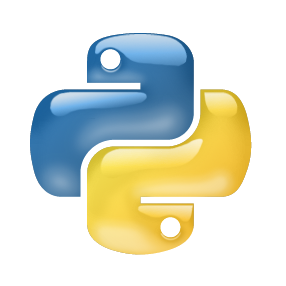Governance has been highlighted as a key factor in the success of an Open Source Software (OSS) project. It is generally seen that in a mixed meritocracy and autocracy governance model, the decision-making (DM) responsibility regarding what features are included in the OSS is shared among members from select roles; prominently the project leader. However, less examination has been made whether members from these roles are also prominent in DM discussions and how decisions are made, to show they play an integral role in the success of the project. We believe that to establish their influence, it is necessary to examine not only discussions of proposals in which the project leader makes the decisions, but also those where others make the decisions. Therefore, in this study, we examine the prominence of members performing different roles in: (i) making decisions, (ii) performing certain social roles in DM discussions (e.g., discussion starters), (iii) contributing to the OSS development social network through DM discussions, and (iv) how decisions are made under both scenarios. We examine these aspects in the evolution of the well-known Python project. We carried out a data-driven longitudinal study of their email communication spanning 20 years, comprising about 1.5 million emails. These emails contain decisions for 466 Python Enhancement Proposals (PEPs) that document the language's evolution. Our findings make the influence of different roles transparent to future (new) members, other stakeholders, and more broadly, to the OSS research community.
翻译:人们普遍认为,在一个混合的精英和专制治理模式中,关于开放源码软件所包含特征的决策责任由特定角色的成员共同承担;突出项目领导者;然而,对这些角色的成员是否在管理讨论中也占有突出地位以及如何作出决定的问题没有进行多少审查,以表明他们如何在项目的成功中发挥着不可或缺的作用;我们认为,为了确立其影响力,不仅有必要审查项目领导人作出决定的提案的讨论,而且还有必要审查其他人作出决定的提案的讨论。因此,在本研究中,我们审查了成员在以下领域发挥不同作用的突出地位:(一) 决策,(二) 在管理讨论中(例如,讨论启动者)发挥某些社会作用,(三) 通过管理讨论促进开放源码软件发展社会网络,以及(四) 在两个设想中如何作出决定。我们研究了项目中众所周知的演变中的这些方面。 我们进行了数据驱动的关于开放源码软件社区作用的纵向研究。




